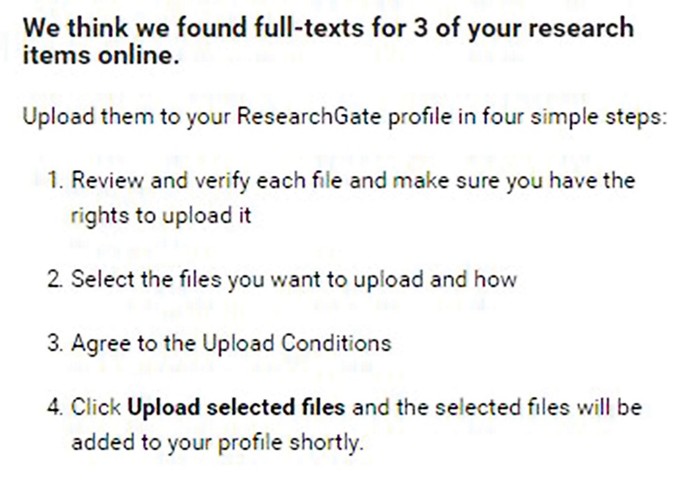Advertisement
Grab your lab coat. Let's get started
Welcome!
Welcome!
Create an account below to get 6 C&EN articles per month, receive newsletters and more - all free.
It seems this is your first time logging in online. Please enter the following information to continue.
As an ACS member you automatically get access to this site. All we need is few more details to create your reading experience.
Not you? Sign in with a different account.
Not you? Sign in with a different account.
ERROR 1
ERROR 1
ERROR 2
ERROR 2
ERROR 2
ERROR 2
ERROR 2
Password and Confirm password must match.
If you have an ACS member number, please enter it here so we can link this account to your membership. (optional)
ERROR 2
ACS values your privacy. By submitting your information, you are gaining access to C&EN and subscribing to our weekly newsletter. We use the information you provide to make your reading experience better, and we will never sell your data to third party members.
Letters to the editor
Densified wood
The story about densified wood (Feb. 12, page 4) reached us in upstate New York just a couple of weeks after the passing away of the great furniture maker and wood artist Wendell Castle (deceased on Jan. 20). A native of Kansas, Castle worked and established his reputation in the greater Rochester area. He introduced new techniques and forms into woodworking, blurring the line between usable furniture and abstract art. One can only muse about what Castle might have created using this new form of wood as a medium of artistic expression.
Nicholas Zumbulyadis
Rochester, N.Y.
Biofuel fouling
I enjoyed the article in the March 5, 2018, edition, “Why Efforts to Use Green Fuels Sometimes Run Afoul” (page 19).
The threat of microbes getting into many types of oleochemicals can be a persistent problem. But, from an old oleochemicals process engineer, here is a common solution: Nitrogen blanket your storage tanks—keep atmospheric air, and water, out.
Kirk Cobb
Minneapoli

I read your article about biofuels in the March 5 issue with interest. Since I retired, I have volunteered aboard a WWII ship located on the Ohio River in Evansville, Ind.: LST-325. LST stands for landing ship, tank. This ship landed tanks and supplies at Normandy, in addition to other beaches of Europe. It is an operational museum ship that transits the rivers of the Midwest annually, opening for public tours.
I think it was in 2011 when the ship was going up the Illinois River heading for Henry, Ill., [that] we stopped in Beardstown, Ill., to receive a donation of 10,000 gal [about 37,850 L] of biodiesel. We added it to about another 5,000 gal [about 18,900 L] of conventional diesel we already had aboard. When we returned to Evansville from this cruise, we had a few thousand gallons remaining in our tank.
The ship was inactive for about a year, but when we tried to restart its engines in 2012, we had great difficulty. After 11 months of storage, as your article clearly states, the biodiesel was a gelatinous mess. We had to clean our tanks, all the fuel lines to our filters, and then on to our engines. After flushing with conventional diesel fuel, we finally were able to start our engines.
There needs to be a warning label on biofuels indicating that they need to be used almost immediately. It should not be stored.
Robert J. Hargrove
Macon, Ga.
Corrections:
Feb. 26, page 20 In C&EN’s annual top instrument firms story, the close-up photo on page 21 depicts the ionization source in Waters’s Vion ion mobility spectrometry/quadrupole time-of-flight mass spectrometer, not a Thermo Fisher purge valve.
March 12, page 11 The news story on the record-breaking C–C bond incorrectly describes the bond as the longest reported to date. The researchers claim their molecule has the longest C–C bond among neutral hydrocarbons. The bond is not an alkane bond. Also, other teams have reported longer C–C bonds in charged molecules and in nonhydrocarbons.
April 2, page 20 In the feature story on artificial intelligence in the pharma lab, University of Texas MD Anderson Cancer Center installed IBM’s Watson for Oncology, not Watson for Drug Discovery.



Join the conversation
Contact the reporter
Submit a Letter to the Editor for publication
Engage with us on Twitter